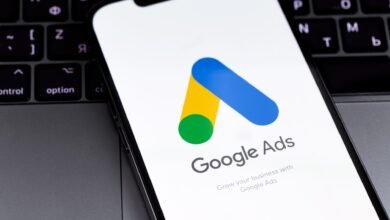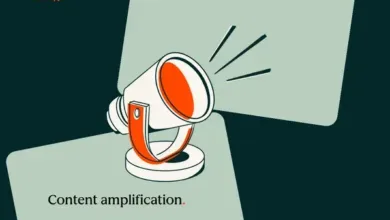How a Google-Deindexed Site Recovered With Programmatic SEO

▼ Summary
– A company founder admitted programmatic SEO initially boosted their site but led to deindexing by Google due to poor content quality, calling it a mistake they won’t repeat.
– Programmatic SEO (pSEO) involves automation, like scaling content creation, but the founder’s 50,000 AI-generated pages targeting long-tail phrases were flagged as thin and duplicated.
– Experts criticized pSEO as often misused, with some marketers promoting low-quality practices under its banner, though it can work if done correctly with oversight.
– To recover, the company rebranded to a new domain, reduced page count, and focused on higher-quality, user-relevant content, which Google now indexes.
– The key takeaway is that pSEO can be effective if balanced with quality content, but over-reliance on automation risks penalties from search engines.
Rebounding from a Google deindexing requires more than just programmatic SEO, it demands a strategic shift toward quality content. One entrepreneur recently shared their cautionary tale about relying too heavily on automated content creation, a mistake that led to their site’s sudden removal from search results. Their story, posted on LinkedIn, sparked widespread discussion among digital marketers.
The site wasn’t penalized manually; instead, Google’s algorithms flagged it for low-quality content. Programmatic SEO (pSEO), while powerful for scaling metadata and structured elements, became problematic when used to mass-produce AI-generated pages. The founder created 50,000 pages targeting obscure long-tail keywords, initially seeing impressive traffic before the bottom fell out.
Miquel Palet, the founder involved, reflected:
> “Google deindexed our domain almost overnight. Traffic vanished. We realized too late that cutting corners doesn’t work long-term. It forced us to rebrand and rethink our entire approach.”
The core issue wasn’t AI itself but thin, duplicated content, a recurring pitfall in automated SEO strategies. Rasmus Sørensen, a seasoned digital marketer, echoed this sentiment, criticizing the misuse of pSEO as a “silver bullet” by some agencies. Others, like Joe Youngblood, argued that pSEO can succeed with expert oversight, emphasizing balance over brute-force scaling.
To recover, the company rebranded under a new domain, redirecting the old one while drastically reducing page count. They prioritized depth over breadth, focusing on user-centric content. A quick site: search now confirms their pages are reindexed, signaling a turnaround.
Key lessons? Programmatic SEO isn’t inherently bad, misapplication is. Automation works best when paired with human oversight, ensuring content meets Google’s quality thresholds. For those venturing into pSEO, the mantra should be: scale smart, not just fast.
(Source: Search Engine Journal)





